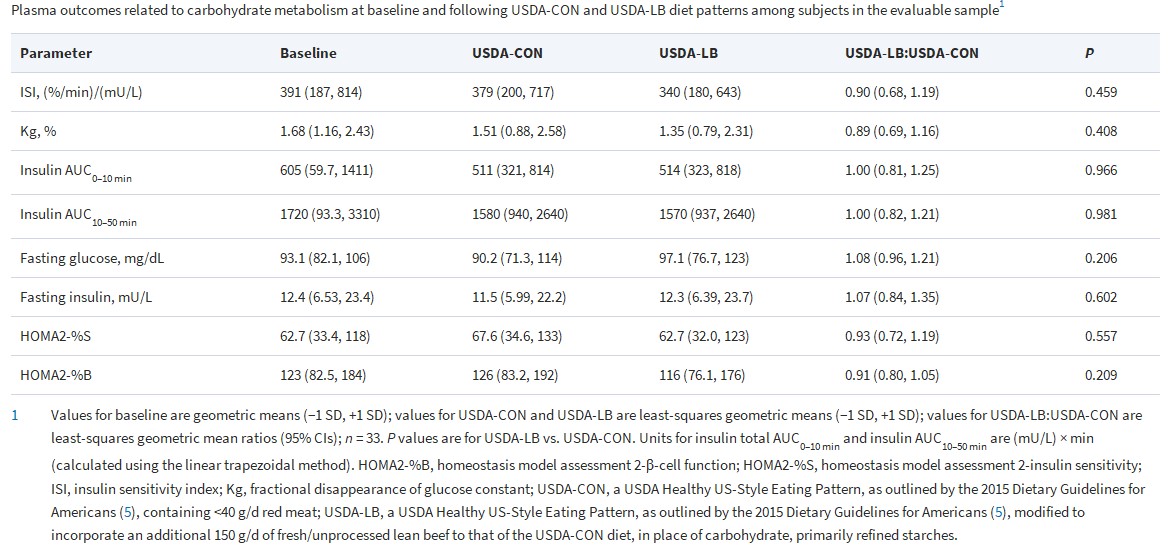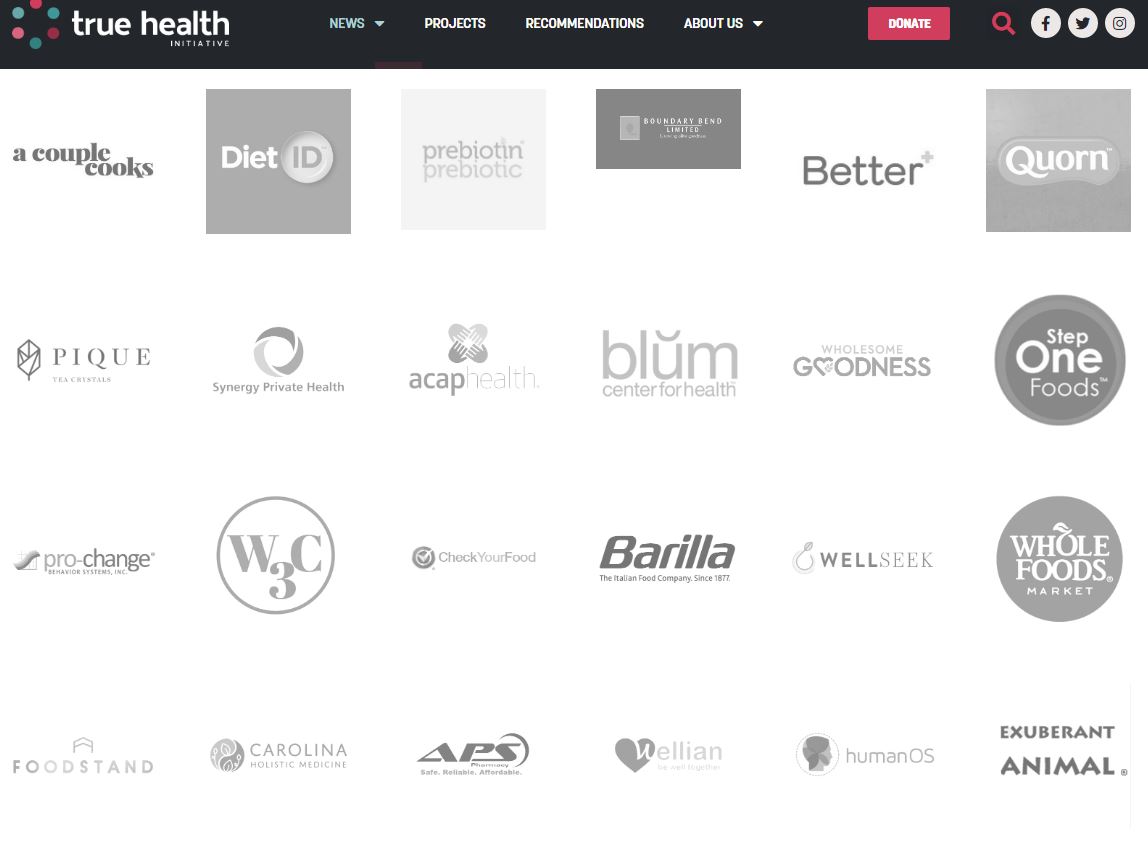A few years ago, epidemiologists at France's International Agency for Research on Cancer (IARC) joined in, using their own meta-analyses to declare that meat was just as hazardous to health as plutonium. And smoking. And mustard gas.
Their methodology was as ridiculous as the result but media outlets, who seem to think IARC is a Supreme Court over scientists, declared the science settled yet again. But as we have seen in the last month, even Lancet and NEJM peer review of epidemiology is suspect. Which means peer review of epidemiology in Environmental Health Perspectives is more like astrologers peer-reviewing each other and declaring astrology is science.
The public is unsure what to trust, because bizarre epidemiological claims have been treated like science fact if they match the political proclivities of journalists. Does hydroxychloroquine work for COVID-19 or does it cause heart attacks? Peer-reviewed epidemiologists claimed both. Journals rushed both to print. Media rushed to endorse both. The only reason they were debunked was because outsiders criticized the work but with so many food frequency questionnaire and chemophobia claims produced each month, there is no time to debunk them all.
Here is what journalists and the public need to know to ground epidemiology, and mouse study, claims. They can exclude benefit or harm, but never prove it. They can find a statistical link that might merit follow-up, if it is scientifically plausible and not 'Kennedy had a secretary named Lincoln' coincidence. Somewhere along the cultural way journalists stopped understanding what "exploratory" means and that meant the public has been bounced all over the place with fat-free diets, low-carb diets, Blood Type Diets, and now Blood Type COVID-19 effects.
A new observational paper debunks claims that meat increases risks of heart attacks, adding onto one from last year that so enraged the anti-meat academic group True Health Initiative, they tried to get the Philadelphia district attorney to sue Annals of Internal Medicine for publishing it. So an observational study is offsetting a statistical claim.
Which do you believe? Neither yet, that is the whole point. While the meat industry will cheer, and journalists will rush to churnalism up the press release, you as readers should be more critical. The design was fine but the sample size was in the tiny range. Not as small as the papers that set off the gluten-free and vaccines-cause-autism nonsense, but in a post-coronavirus world people should expect more, the same way they stopped buying green alternatives that pretended they were not chemicals and started buying products that work.
The study used 33 middle-aged obese people and a randomized, crossover, controlled-feeding trial is great but two months is not long enough. The metrics for insulin sensitivity were fine. They also used blood pressure, which seems silly since blood pressure is only a risk factor for a risk factor for heart disease, but that is what a whole lot epidemiology papers do so it makes sense in an 'apples to apples' way.

The results was that all of the changes in risk factors that claimed to be linked to greater risk of heart attacks were not much different for meat eaters and those without.
The reason to be skeptical is the same reason to be critical of most food claims; it is underpowered. Instead of attacking the methodology, critics will allege that because a beef organization provided funding that the results are tainted but that is Naomi Oreskes-type conspiracy theory, not rational criticism. The authors have also received funding from Big Almond, Big Avocado, and Big Cereal but it would be ridiculous to assume any of those want you to eat more steak. And where does the funding conspiracy end? Should Republicans not trust science funded during the Obama administration? Do Democrats not trust the FDA now? That sounds silly but it is no more silly than claiming that a beef group is telling researchers they'll get grants only if they produce a positive result. I have never had a donor tell me I will only get money if I agree to do something. I have had PR groups ask if I might be interested in writing about the science of a product they represent but they have never gotten anywhere because they can't pass the science test. That is what matters.
Yet the anti-meat side is throwing money everywhere.
There is an entire industry built up around demonizing meat, just like there is around demonizing science itself. The anti-meat academic group True Health Initiative not only funds detractors, they email bombed the Annals of Internal Medicine Editor-in-Chief to try and get her to block publication of a study showing meat was not harmful, and epidemiologists Walter Willett And Frank Hu claimed their detractors were colluding with the beef industry. Using sexist dog whistling they suggested all the female co-authors on the paper were under the Svengali spell of a male who had gotten funding from a food group to study...sugar. Who rushed to agree with their misogynist rhetoric? A lot of prominent academic women who have made their careers alleging Big Food conspiracies. True Health Initiative even lobbied the Philadelphia district attorney to launch an investigation into the journal, all because inconvenient science threatened their income stream.
People inside the anti-meat industry are first to charge that everyone else is on the take. But if you look at their organizations and see their corporate sponsors, you can see the reason they believe academics are bought off is simple; they are getting a lot of corporate money to promote the products of their sponsors, and assume everyone else must be also.

NOTES:
(1) On this site, I have even documented how activists game the system by recruiting high-caliber scientists to be lead authors to get into prominent journals before the paper is even written. And then having a cabal of lower-tiered scientists and activists standing by to promote the manufactured result when it gets published.




Comments